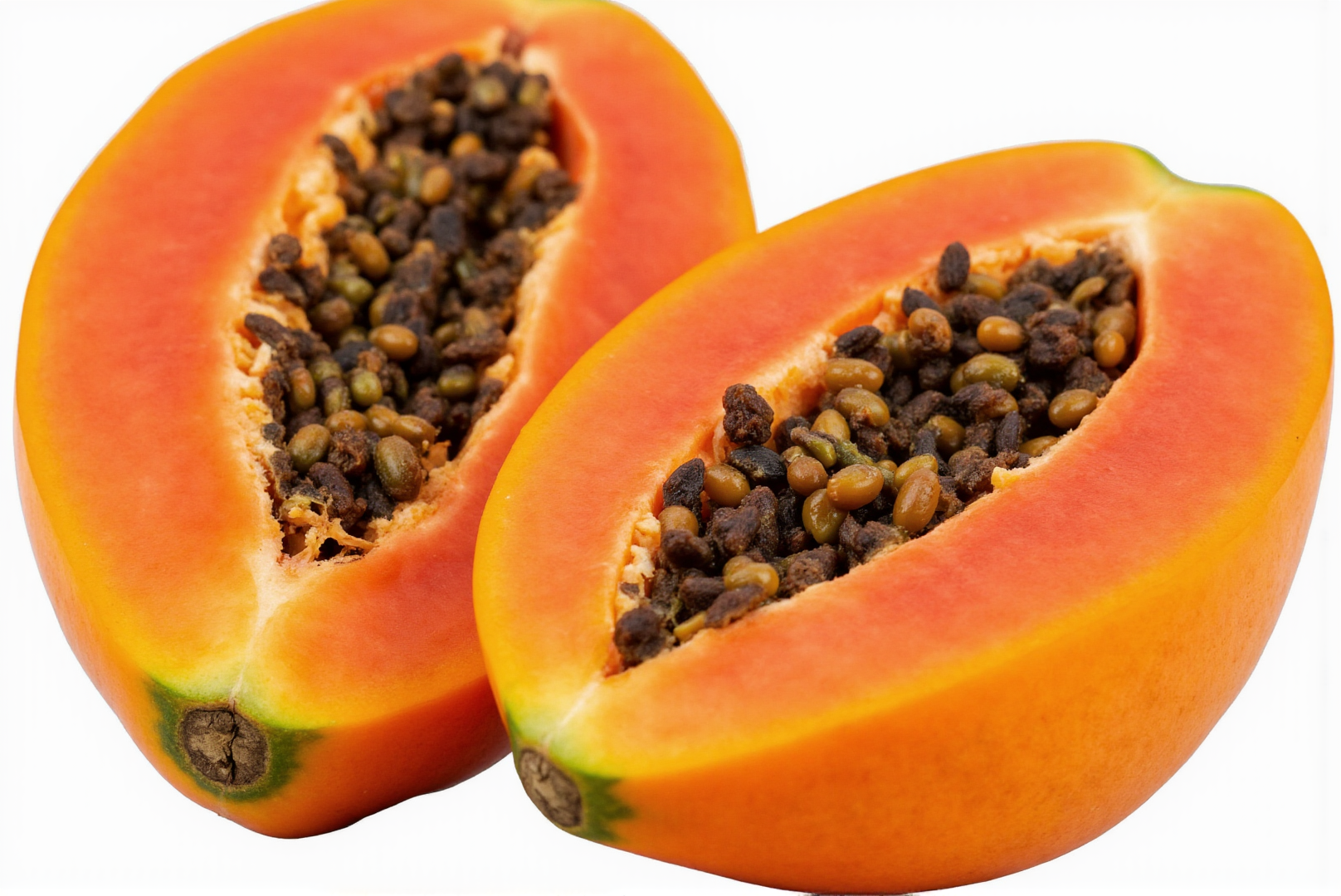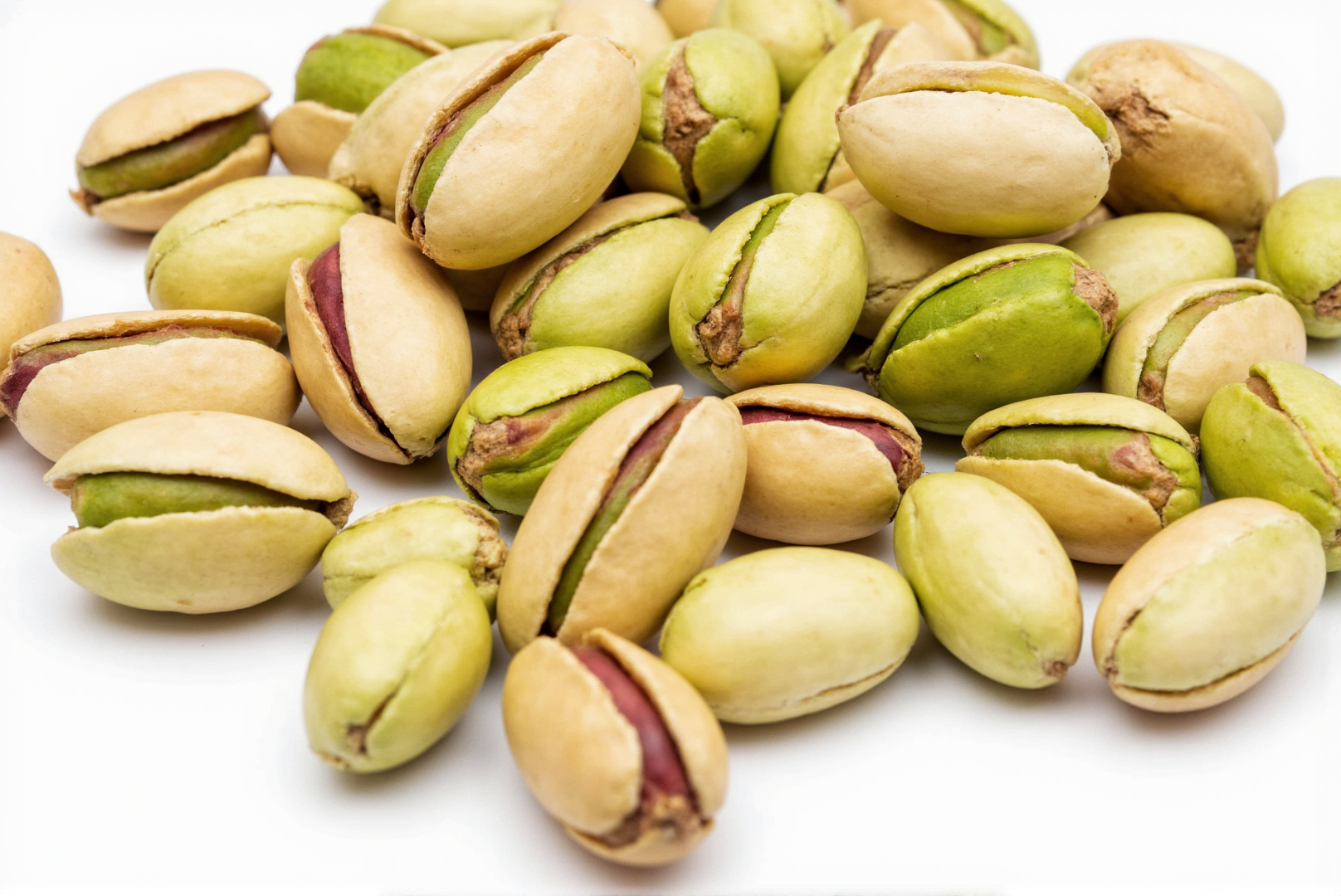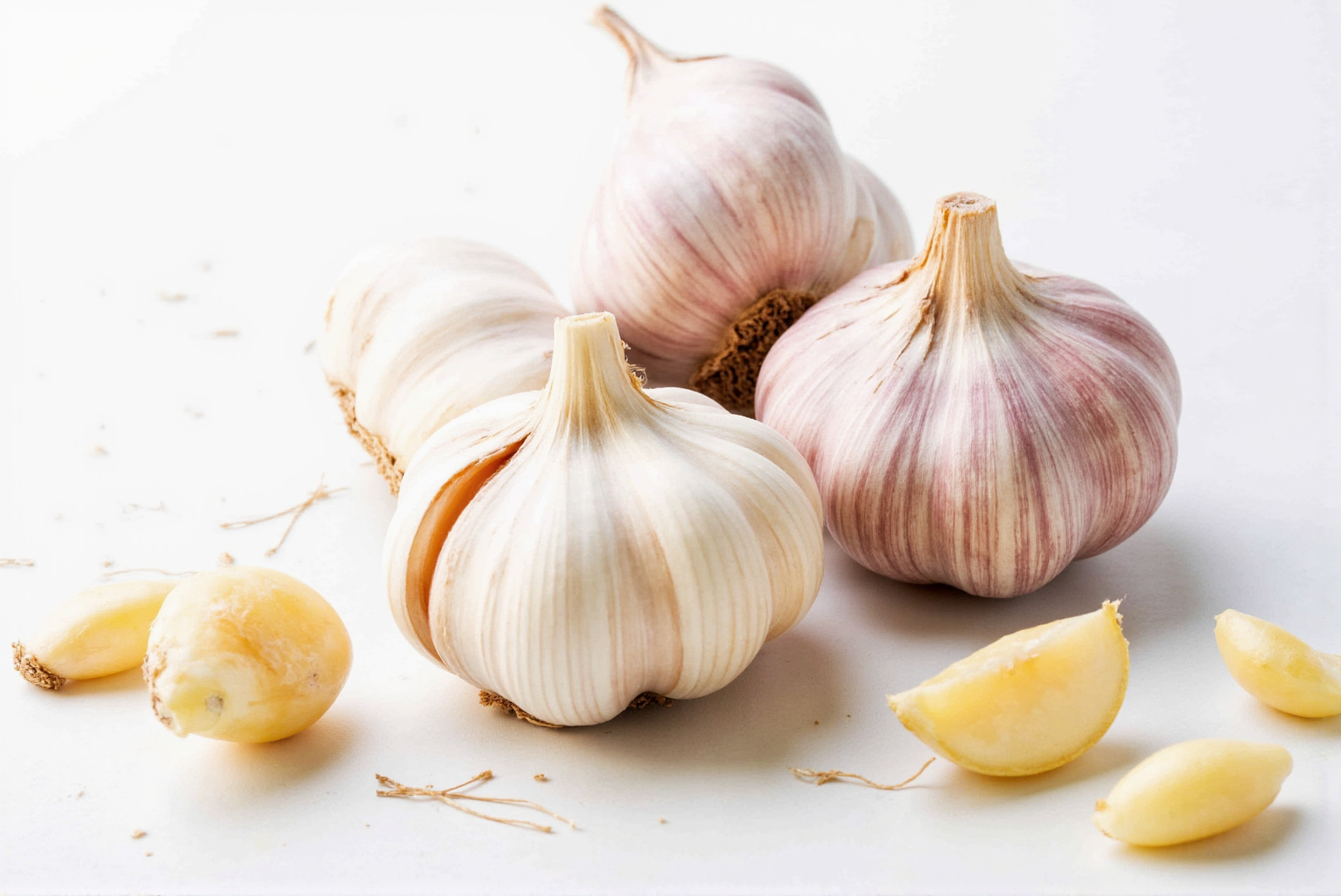Papaya, a tropical fruit known for its vibrant orange flesh and sweet taste, offers numerous health benefits for humans. Many dog owners wonder if this enzyme-rich fruit can be safely shared with their canine companions and what benefits it might provide.
Can Dogs Eat Papaya?
Yes, dogs can safely eat papaya in moderation. This tropical fruit is non-toxic to dogs and can offer various health benefits when served properly. The flesh of ripe papaya is safe and nutritious, but certain parts of the fruit require careful handling. As with any new food, papaya should be introduced gradually and served as an occasional treat rather than a dietary staple.
Nutritional Benefits of Papaya
Papaya is rich in vitamins A, C, E, and K, supporting everything from vision to immune function. The fruit contains folate, essential for cell growth and development, and potassium for heart health. Papaya provides significant amounts of fiber for digestive health and small amounts of calcium and magnesium. Most notably, papaya contains papain, a digestive enzyme that helps break down proteins.
Digestive Enzyme Benefits
The papain enzyme in papaya acts as a natural digestive aid, potentially helping dogs with mild digestive issues. This enzyme can assist in breaking down proteins more efficiently, which may reduce gas and bloating. Some veterinarians recommend papaya for dogs with sensitive stomachs or those transitioning to new foods. The enzyme activity is highest in slightly underripe papayas but remains beneficial in ripe fruit.
Immune System Support
The high vitamin C content in papaya provides antioxidant protection and supports immune function. While dogs produce their own vitamin C, supplementation through foods like papaya can be beneficial during times of stress or illness. The combination of vitamins A and E further supports immune health and may help protect against cellular damage from free radicals.
Anti-Inflammatory Properties
Papaya contains several compounds with anti-inflammatory properties, including papain and chymopapain. These may help reduce inflammation in dogs with arthritis or other inflammatory conditions. The antioxidants in papaya, including lycopene and beta-carotene, also contribute to its anti-inflammatory effects. Regular small servings may support overall joint health in aging dogs.
Proper Preparation Guidelines
Always choose ripe papayas with orange-yellow skin and slightly soft texture. Remove all seeds before serving, as they contain trace amounts of cyanide and can be toxic in large quantities. Peel the papaya completely, removing all skin. Cut the flesh into small, bite-sized pieces appropriate for your dog's size. Avoid overripe papayas, which may cause digestive upset.
Serving Size Recommendations
Papaya should be treated as an occasional treat. For small dogs under 20 pounds, offer 1-2 small cubes. Medium dogs (20-50 pounds) can have 2-4 cubes, while large dogs over 50 pounds can enjoy up to 1/4 cup of papaya chunks. Start with very small amounts to ensure your dog tolerates the fruit well. Limit papaya treats to 2-3 times per week maximum.
The Seed Danger
Papaya seeds must always be removed before feeding the fruit to dogs. While humans sometimes consume papaya seeds for their supposed health benefits, they're dangerous for dogs. The seeds contain cyanogenic glycosides, which can release cyanide when digested. Even small amounts of seeds can cause digestive upset, while larger quantities may lead to cyanide poisoning.
Potential Risks and Side Effects
Despite its benefits, papaya can cause issues if overfed. The high fiber content may lead to loose stools or diarrhea. The natural sugars, while not excessive, can contribute to weight gain if given too frequently. Some dogs may be allergic to papaya, showing symptoms like itching, swelling, or digestive upset. The latex in papaya skin can cause allergic reactions in sensitive dogs.
Dogs Who Should Avoid Papaya
Diabetic dogs should have very limited papaya due to its sugar content. Dogs with chronic diarrhea or sensitive stomachs may not tolerate papaya well. Overweight dogs should have minimal portions to avoid excess calories. Dogs on prescription diets should only have papaya with veterinary approval. Puppies under 12 weeks should stick to their regular puppy food.
Fresh vs. Dried Papaya
Fresh papaya is always preferable to dried versions for dogs. Dried papaya often contains added sugars and preservatives harmful to dogs. The dehydration process concentrates natural sugars, making dried papaya too sweet for regular consumption. If using dried papaya, ensure it's unsweetened and give only tiny pieces very occasionally.
Creative Serving Suggestions
Mash ripe papaya and freeze in ice cube trays for refreshing summer treats. Mix small papaya pieces with plain yogurt for a probiotic boost. Blend papaya with other dog-safe fruits like blueberries for variety. Use tiny papaya cubes as high-value training treats. Some dogs enjoy papaya mixed into their regular food for added flavor and nutrition.
Papaya Enzyme Supplements
Commercial papaya enzyme supplements are available for dogs, but fresh fruit is often preferable. If considering supplements, consult your veterinarian first. Fresh papaya provides enzymes along with fiber and vitamins that supplements lack. However, supplements may be useful for dogs who can't tolerate fresh papaya or need concentrated enzyme support.
Signs of Papaya Benefits
Dogs benefiting from papaya may show improved digestion with less gas and bloating. Some owners report softer, shinier coats due to the vitamin content. Better stool consistency and regularity are common positive effects. Older dogs may show improved mobility due to anti-inflammatory properties. These benefits typically appear with consistent, moderate consumption over time.
Comparing Papaya to Other Fruits
While papaya offers unique enzyme benefits, other fruits may be easier for some dogs to digest. Blueberries provide antioxidants with less sugar, while apples offer fiber with more crunch. Watermelon provides hydration with fewer calories. Each fruit has its place in a varied treat rotation, with papaya standing out for its digestive enzyme content.
Final Thoughts on Papaya for Dogs
Papaya can be a beneficial treat for dogs when served correctly and in moderation. Its unique enzyme content sets it apart from other fruits, potentially aiding digestion and reducing inflammation. However, proper preparation is crucial - always remove seeds and skin, and introduce gradually. Monitor your dog's response carefully, as individual tolerance varies. While papaya offers real nutritional benefits, it should remain an occasional treat rather than a regular meal component. As with any dietary addition, consult your veterinarian if your dog has existing health conditions or shows any adverse reactions. When used thoughtfully, papaya can add tropical variety and digestive support to your dog's treat repertoire.




